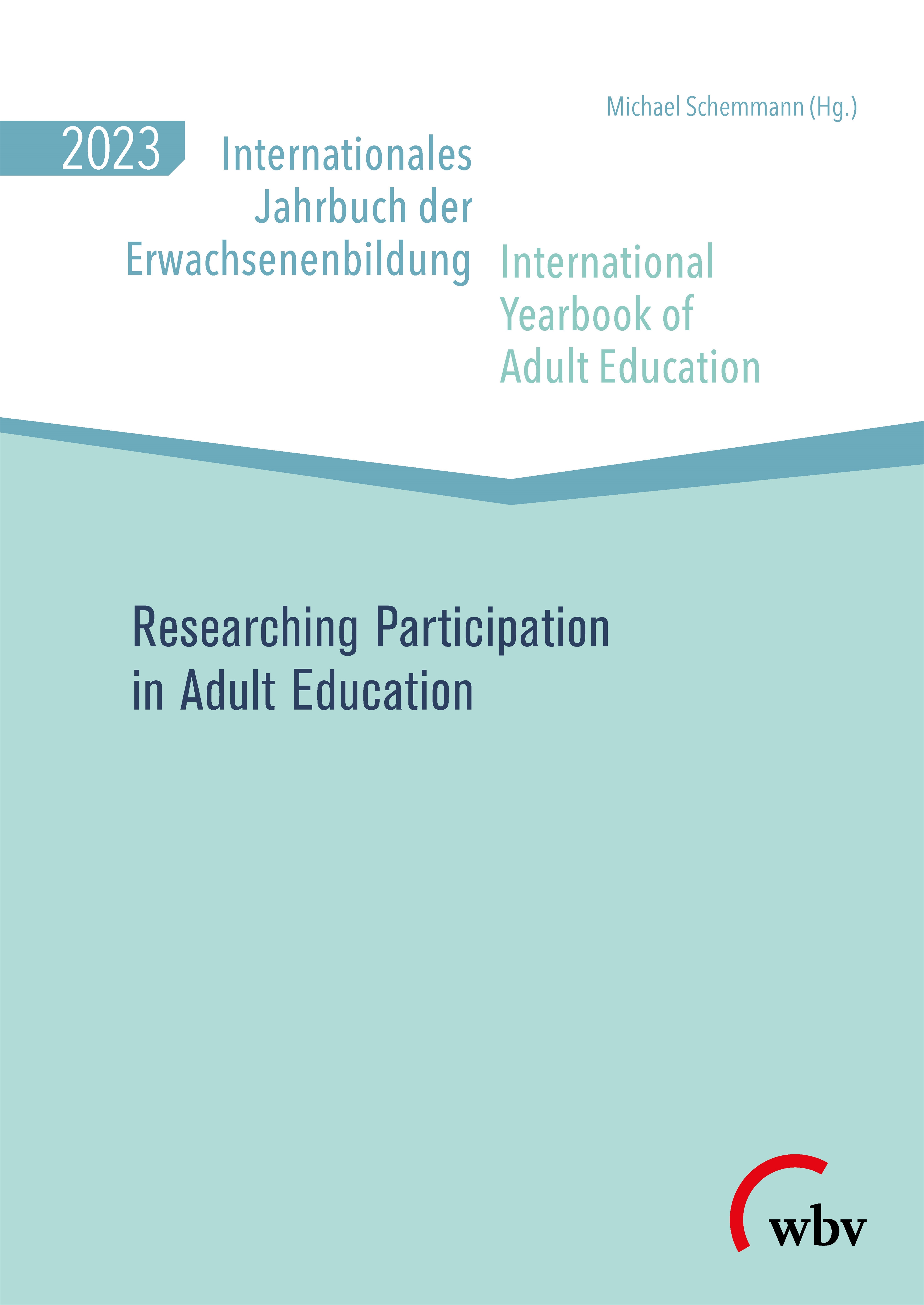Participation in Non-formal Adult Education in the Czech Republic from 1997 to 2020
Non-formal adult education (NFE) encompasses a broad spectrum of organised learning activities for adults outside the formal educational system, including on-the-job training, workshops as well as individual lessons. Both governments and international organisations have regularly highlighted the importance of high participation rates in NFE as a precondition for the successful establishment of a lifelong learning society.
Despite this claim, countries around the world vary a great deal in terms of overall participation of their population, social groups involved, and factors that influence access to NFE. This paper focuses on the long-term participation in NFE in the Czech Republic by investigating the development of adult participation in NFE between 1997 to 2020. We aim to present (1) the main long-term trends in participation in NFE, (2) changes in the critical socio-demographical factors that have influenced the involvement of adults in NFE. For this purpose, we analyse data from international surveys (IALS, PIAAC and AES) as well as from the CZ-ALE, a national survey focused on adult education and learning. Our analysis has found that although participation in NFE significantly increased between 1997 and 2016, it sharply decreased in 2020. In addition, while participation inequality between lower and higher educated adults declined from 2011 to 2020, inequality based on economic activity increased during the same period. Finally, occupational class position has played an important role in the likelihood of participation in NFE, but the influence of this factor has not been as significant as that of employment status.
Despite this claim, countries around the world vary a great deal in terms of overall participation of their population, social groups involved, and factors that influence access to NFE. This paper focuses on the long-term participation in NFE in the Czech Republic by investigating the development of adult participation in NFE between 1997 to 2020. We aim to present (1) the main long-term trends in participation in NFE, (2) changes in the critical socio-demographical factors that have influenced the involvement of adults in NFE. For this purpose, we analyse data from international surveys (IALS, PIAAC and AES) as well as from the CZ-ALE, a national survey focused on adult education and learning. Our analysis has found that although participation in NFE significantly increased between 1997 and 2016, it sharply decreased in 2020. In addition, while participation inequality between lower and higher educated adults declined from 2011 to 2020, inequality based on economic activity increased during the same period. Finally, occupational class position has played an important role in the likelihood of participation in NFE, but the influence of this factor has not been as significant as that of employment status.
Beiträge
Open Access
Open Access
Open Access
Open Access
Inequality in adult education participation across national contexts
Is growing employer support exacerbating or mitigating inequality in participation?
Open Access
Open Access
Between Anything Goes and Methodical Rigor
An Empirical Analysis of Systematic Literature Reviews in Adult Education Research
Open Access
Open Access
Rezension: Self-Empowerment und Professionalisierung in Migrantinnenselbstorganisationen
Eine biografieanalytische und differenzreflektierende Untersuchung
Open Access
Open Access
weitere Infos
Kalenda, Jan (2023). Participation in Non-formal Adult Education in the Czech Republic from 1997 to 2020. In: Internationales Jahrbuch der Erwachsenenbildung 2023. Researching Participation in Adult Education, S. 115-138. Bielefeld: wbv Publikation. https://doi.org/10.3278/I73910W007
